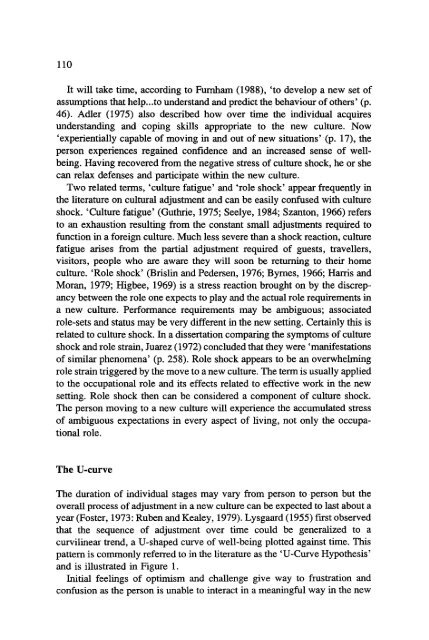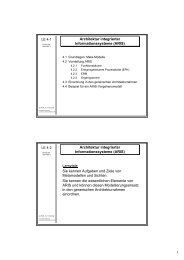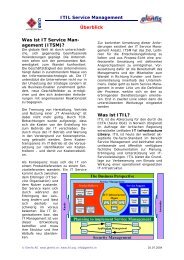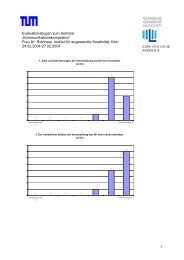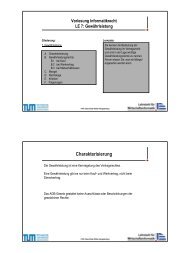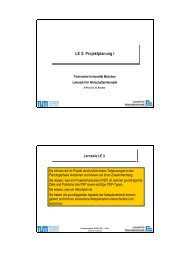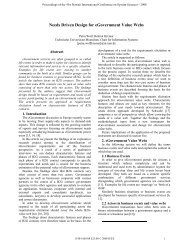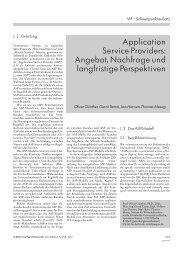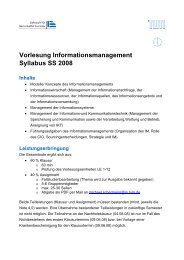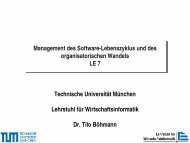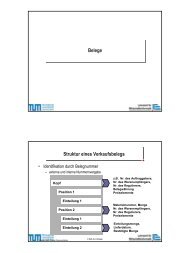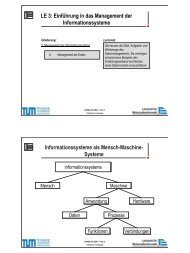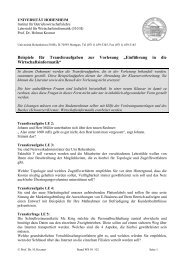Cross-cultural transitions and wellness: Dealing with culture shock
Cross-cultural transitions and wellness: Dealing with culture shock
Cross-cultural transitions and wellness: Dealing with culture shock
Create successful ePaper yourself
Turn your PDF publications into a flip-book with our unique Google optimized e-Paper software.
110<br />
It will take time, according to Furnham (1988), 'to develop a new set of<br />
assumptions that help...to underst<strong>and</strong> <strong>and</strong> predict the behaviour of others' (p.<br />
46). Adler (1975) also described how over time the individual acquires<br />
underst<strong>and</strong>ing <strong>and</strong> coping skills appropriate to the new <strong>culture</strong>. Now<br />
'experientially capable of moving in <strong>and</strong> out of new situations' (p. 17), the<br />
person experiences regained confidence <strong>and</strong> an increased sense of well-<br />
being. Having recovered from the negative stress of <strong>culture</strong> <strong>shock</strong>, he or she<br />
can relax defenses <strong>and</strong> participate <strong>with</strong>in the new <strong>culture</strong>.<br />
Two related terms, '<strong>culture</strong> fatigue' <strong>and</strong> 'role <strong>shock</strong>' appear frequently in<br />
the literature on <strong>cultural</strong> adjustment <strong>and</strong> can be easily confused <strong>with</strong> <strong>culture</strong><br />
<strong>shock</strong>. 'Culture fatigue' (Guthrie, 1975; Seelye, 1984; Szanton, 1966)refers<br />
to an exhaustion resulting from the constant small adjustments required to<br />
function in a foreign <strong>culture</strong>. Much less severe than a <strong>shock</strong> reaction, <strong>culture</strong><br />
fatigue arises from the partial adjustment required of guests, travellers,<br />
visitors, people who are aware they will soon be returning to their home<br />
<strong>culture</strong>. 'Role <strong>shock</strong>' (Brislin <strong>and</strong> Pedersen, 1976; Byrnes, 1966; Harris <strong>and</strong><br />
Moran, 1979; Higbee, 1969) is a stress reaction brought on by the discrep-<br />
ancy between the role one expects to play <strong>and</strong> the actual role requirements in<br />
a new <strong>culture</strong>. Performance requirements may be ambiguous; associated<br />
role-sets <strong>and</strong> status may be very different in the new setting. Certainly this is<br />
related to <strong>culture</strong> <strong>shock</strong>. In a dissertation comparing the symptoms of <strong>culture</strong><br />
<strong>shock</strong> <strong>and</strong> role strain, Juarez (1972) concluded that they were 'manifestations<br />
of similar phenomena' (p. 258). Role <strong>shock</strong> appears to be an overwhelming<br />
role strain triggered by the move to a new <strong>culture</strong>. The term is usually applied<br />
to the occupational role <strong>and</strong> its effects related to effective work in the new<br />
setting. Role <strong>shock</strong> then can be considered a component of <strong>culture</strong> <strong>shock</strong>.<br />
The person moving to a new <strong>culture</strong> will experience the accumulated stress<br />
of ambiguous expectations in every aspect of living, not only the occupa-<br />
tional role.<br />
The U-curve<br />
The duration of individual stages may vary from person to person but the<br />
overall process of adjustment in a new <strong>culture</strong> can be expected to last about a<br />
year (Foster, 1973: Ruben <strong>and</strong> Kealey, 1979). Lysgaard (1955) first observed<br />
that the sequence of adjustment over time could be generalized to a<br />
curvilinear trend, a U-shaped curve of well-being plotted against time. This<br />
pattern is commonly referred to in the literature as the 'U-Curve Hypothesis'<br />
<strong>and</strong> is illustrated in Figure 1.<br />
Initial feelings of optimism <strong>and</strong> challenge give way to frustration <strong>and</strong><br />
confusion as the person is unable to interact in a meaningful way in the new


